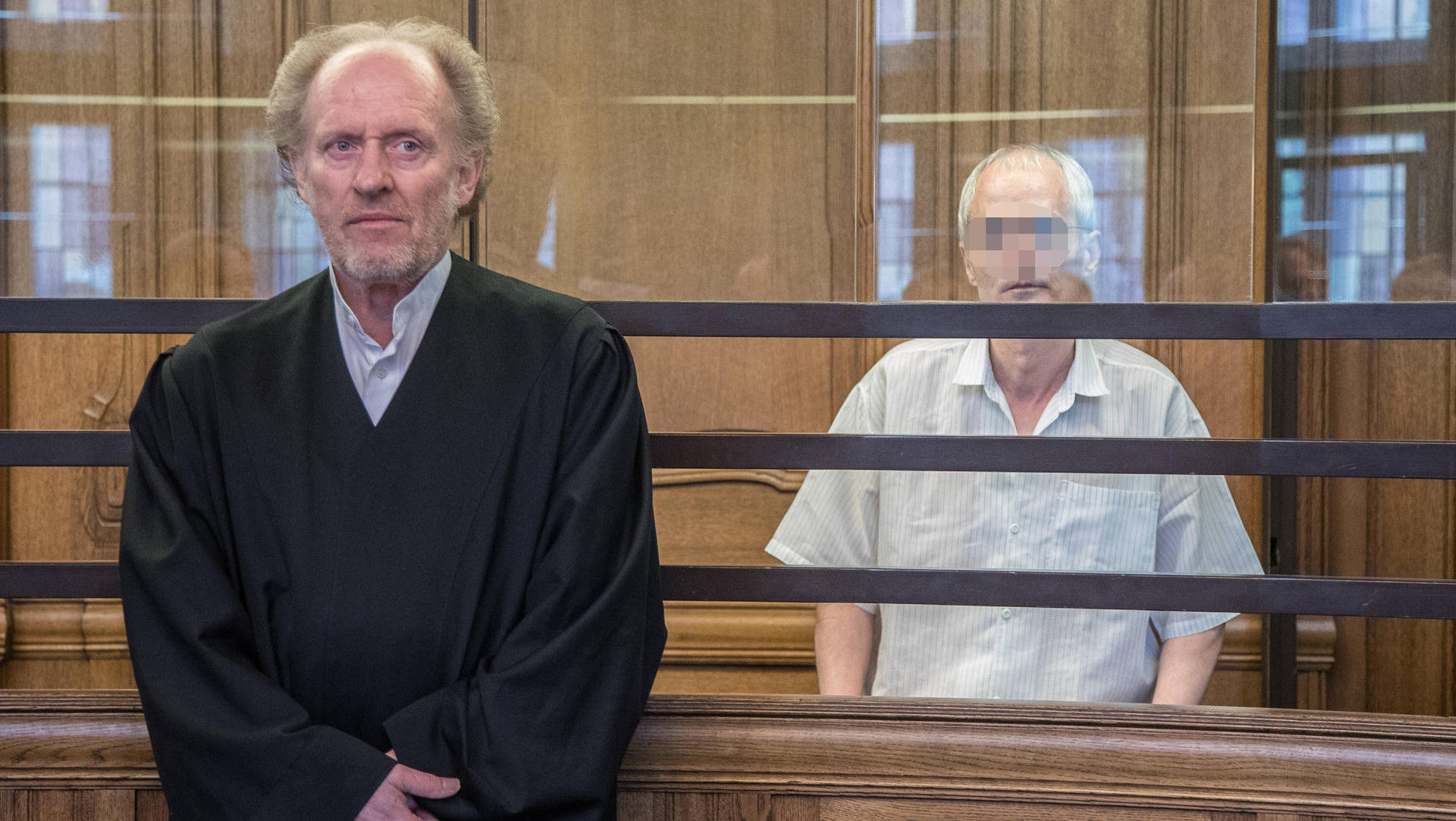A German man has been convicted of murdering Dr Fritz von Weizsäcker, the son of Germany’s former president.
A Berlin court handed Gregor S a 12 year sentence and sent him to a psychiatric hospital.
The sentence took into account his “reduced liability” due to a psychological disorder.
Dr Fritz von Weizsäcker had just finished a lecture on liver diseases when he was stabbed to death outside a Berlin hospital in November.
The murder of the 59-year-old father-of-four shocked Germany. Chancellor Angela Merkel described it as a “terrible blow” to their family.
Dr von Weizsäcker was the son of Richard von Weizsäcker, the president of West Germany from 1984 to 1990. He oversaw the reunification of his country and served as the first president of the newly united Germany until 1994.
Documents submitted in court said Gregor S stabbed the doctor in the neck, causing a fatal wound reportedly 14cm (5.5in) long. “Fritz von Weizsäcker didn’t even have time to raise his arms,” prosecutor Silke van Sweringen told the court.
Gregor S was also found guilty on Wednesday of attempted murder. A 34-year-old off-duty police officer who witnessed the killing overpowered the assailant, but was himself stabbed several times.

On Friday, a psychiatric report delivered to the court said Gregor S suffered from a combined personality disorder and OCD, which partially limited his control at the time of the murder.
Experts concluded that the 57-year-old could still be dangerous, and noted that he refuses to be treated.
Life sentences are mandatory for murder in Germany, but his diminished responsibility led to the reduced imprisonment.
In May, Gregor S told the court he had “never regretted my deed”, reportedly stating that he hated President Weizsäcker because he had sat on the board of a company which supplied chemicals in Agent Orange, used by US forces as a defoliant during the Vietnam War.
“I committed the crime out of political conviction, not delusion,” he said
But the prosecutors dismissed this, arguing this was instead a senseless act by a mentally disturbed man. “It is undoubtedly not a political murder,” Silke van Sweringen said.



















































